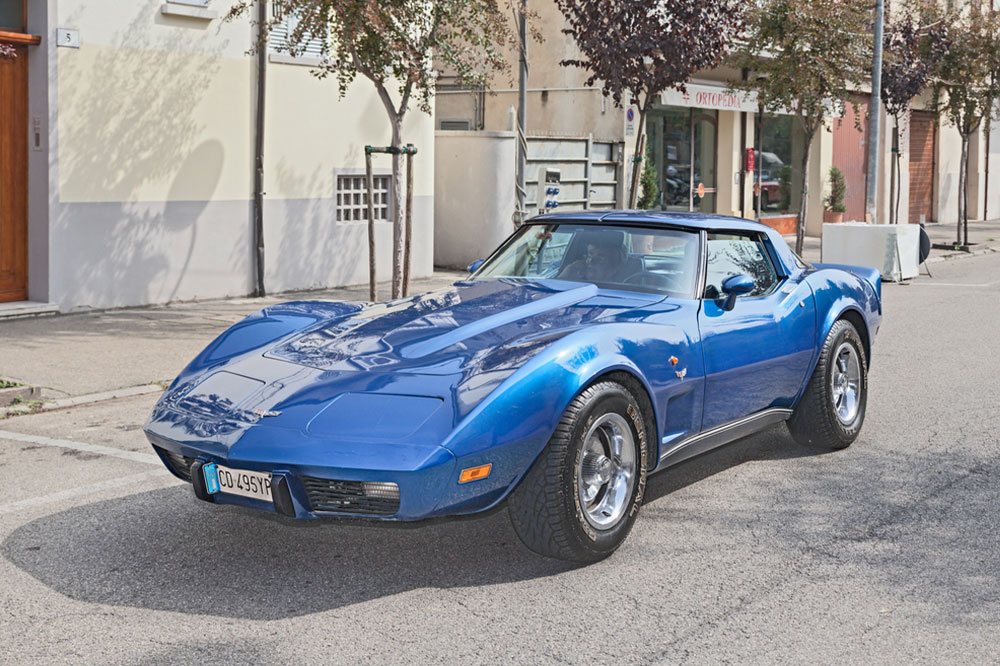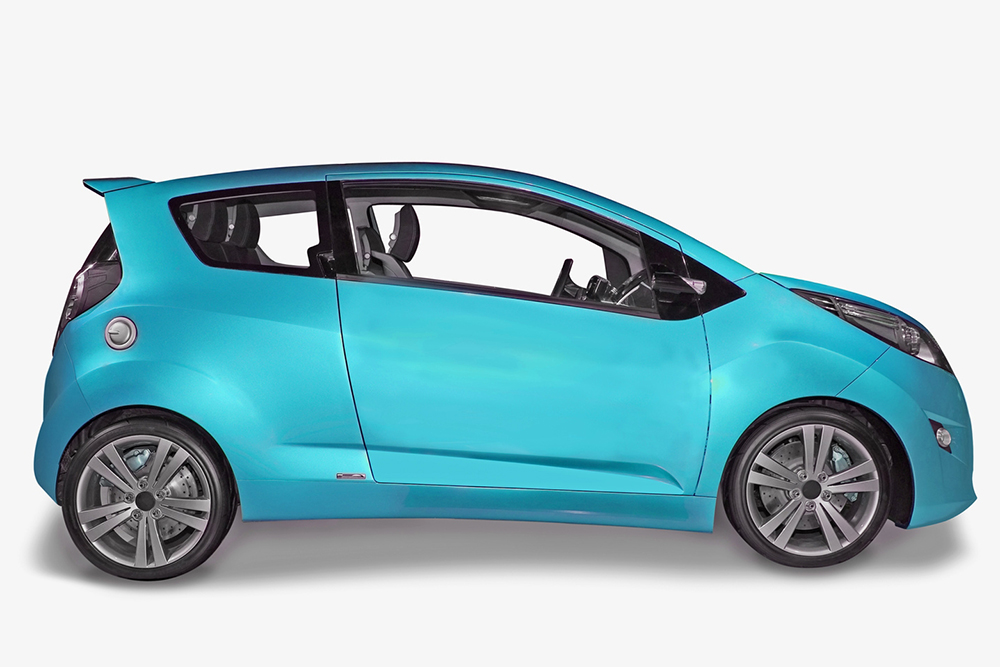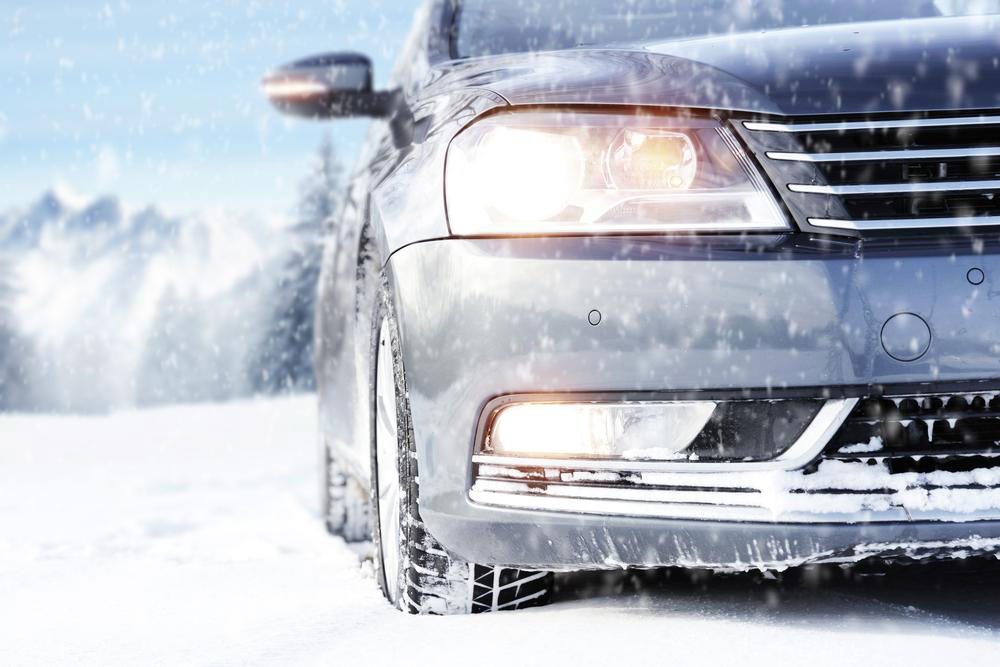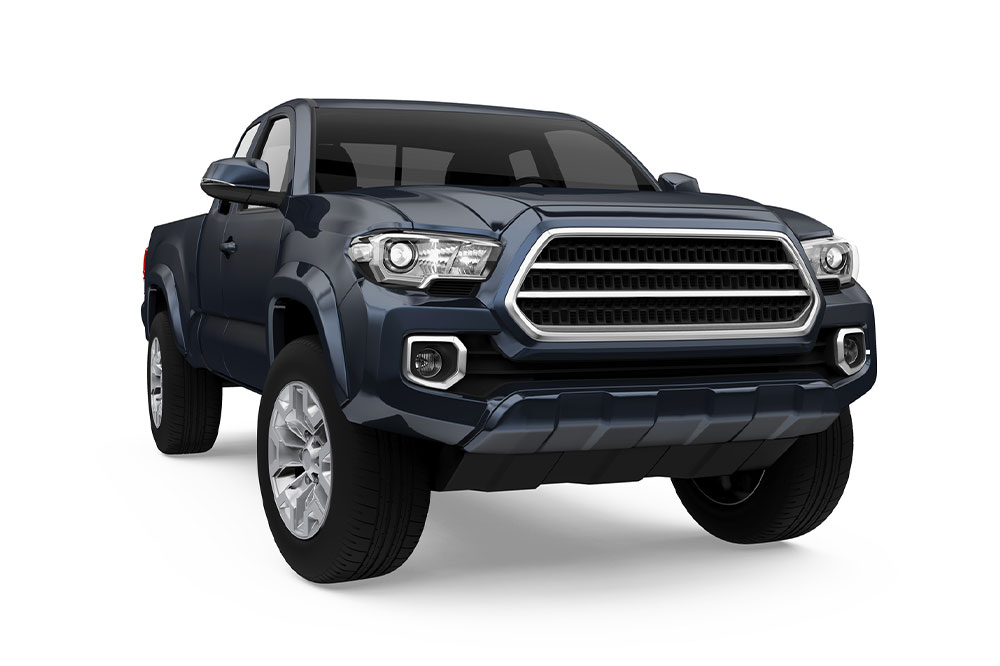Essential Tips for Buying a Pre-Owned Corvette Successfully
Discover essential tips for purchasing a used Corvette, including inspecting with an expert, understanding model histories, evaluating engine options, and considering horsepower trends from the past. These insights help buyers make informed decisions when selecting a classic Chevrolet Corvette on sale.
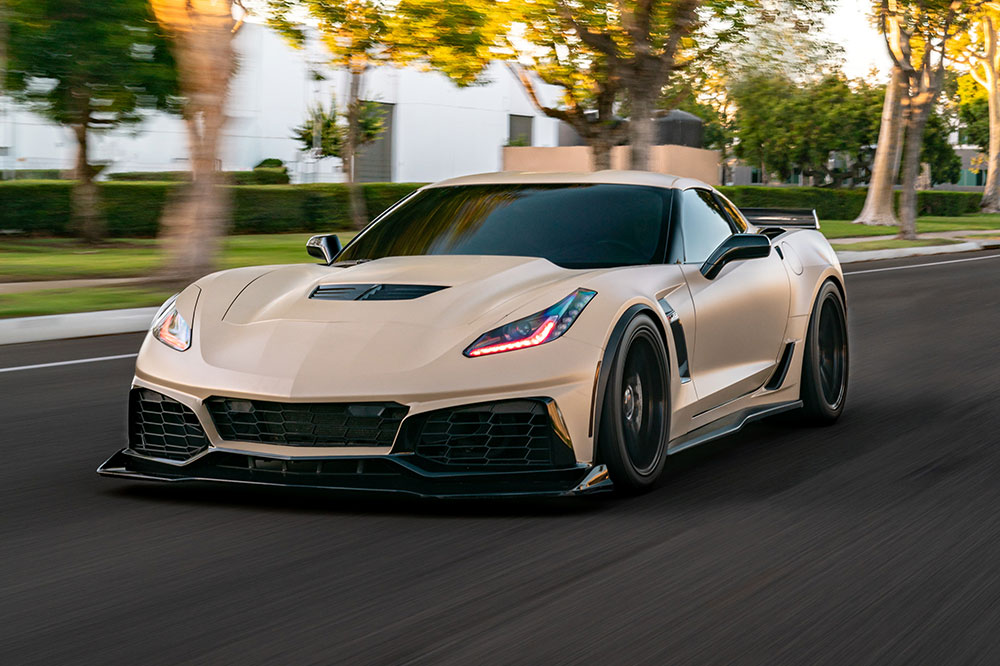
Essential Tips for Buying a Pre-Owned Corvette Successfully
Regarded as an American icon, the Corvette was first introduced by General Motors in 1953. While the original C1 model didn’t achieve instant commercial success, it laid the groundwork for a legendary line of sports cars that have become symbols of performance and prestige in the United States.
Corvettes are known for superior power, transmission options, and acceleration, often surpassing competitors. This allure makes purchasing a vintage model highly tempting. However, there are critical factors to consider before buying a used Corvette on sale.
Hire an Experienced Mechanic
Thorough evaluations are vital when considering an older vehicle. For Corvettes, should seek an expert familiar with the model to perform a pre-purchase inspection. This helps identify excessive wear, engine modifications, and brake condition. Providing a list of specific questions ensures the mechanic understands what aspects matter most to you.
Research the Model’s History
Like all vehicles, certain Corvette models have been more successful than others. While models like the 1967-1969 L88, 1990-1995 ZR-1, and 2009-2013 ZR1 are celebrated for their performance, others such as the 1987 Callaway Twin Turbo, 1979 L48, and early C1 variants faced challenges. The 1984 Corvettes, for instance, had numerous issues due to a complete redesign after the 1983 models' failure. In-depth research on specific models is essential to make a well-informed choice.
Power Output in the 1970s
The 1970s Corvettes, despite their reputation for speed, faced significant horsepower limitations. The 1975 base model produced just 165 horsepower—down from the previous year—due to engine downsizing amidst global energy crises. Similarly, the 1979 L48 delivered modest power yet enjoyed strong sales. Economic factors at the time heavily influenced performance figures.
Engine Choices: Small Block vs. Big Block
After 1955, Chevrolet offered both small and big block engines for Corvettes, with big blocks providing higher torque. However, big block engines generated more heat, which could challenge the vehicle’s cooling system, especially during summer. When selecting a vintage Corvette from 1965-1974, verify which engine it has to ensure it aligns with your performance expectations.





